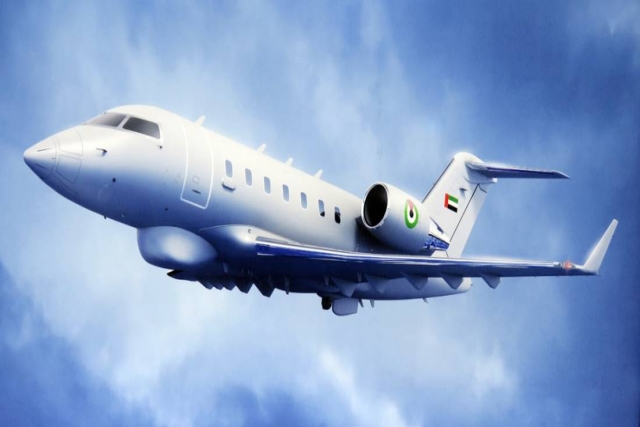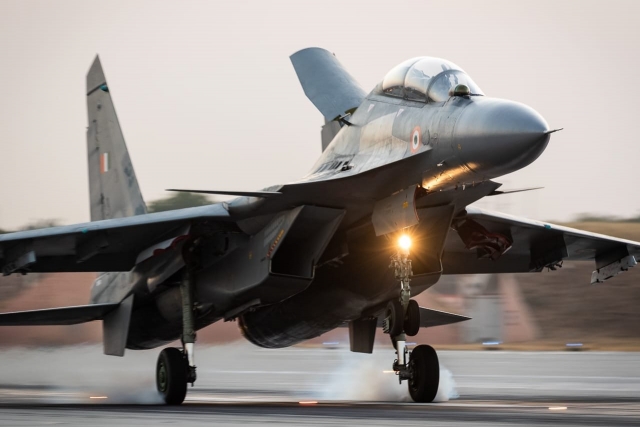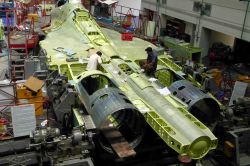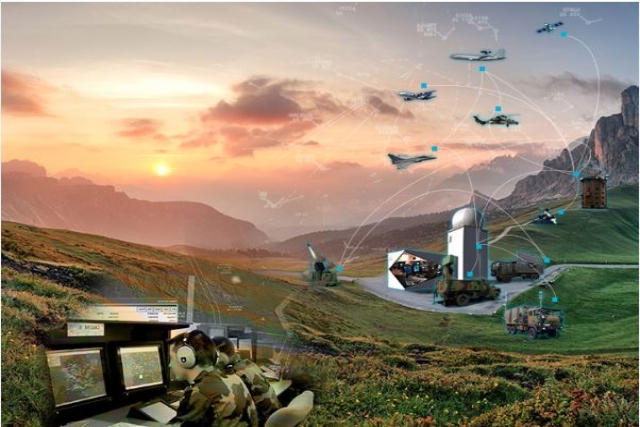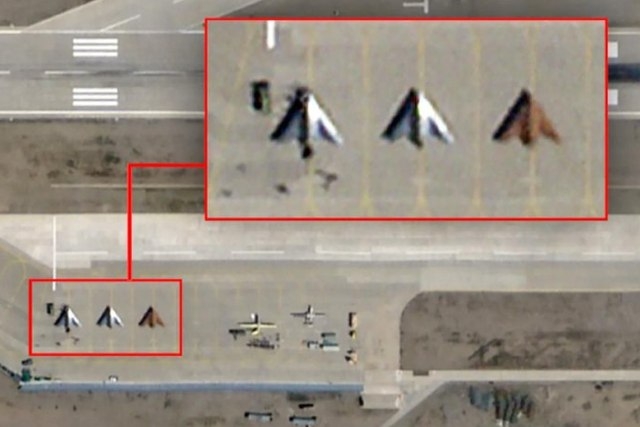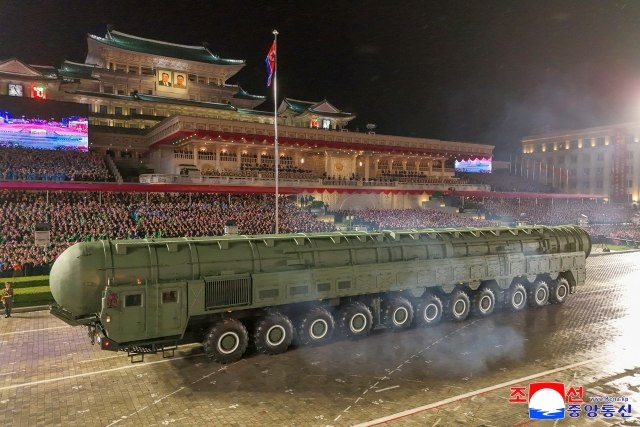Indian Air Force May Acquire HAL HTT-40 Trainers
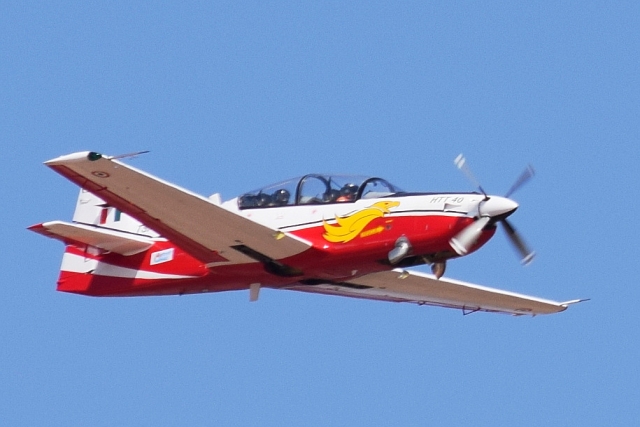
The Indian Air Force is likely to float a request for proposal (RFP) to acquire 70 Turbo Trainer-40 (HTT-40) jets from Hindustan Aeronautics Limited (HAL), next month.
"There are plans to purchase around 70-odd HTT 40 trainers from the HAL. The purchase procedure might begin this December with a RFI, if the aircraft is able to match the standards required," an IAF official was quoted as saying by IANS on Wednesday.
Rakesh Bhadauria, Chief of Air Staff Air Chief Marshal, is scheduled to undertake a test flight of the plane at HAL Airport, Bengaluru city, on Thursday.
“The Air Chief will fly the aircraft himself to assess its capabilities and flight worthiness," an HAL spokesperson said.
The trainer began spin tests, considered most crucial and challenging aspect of flight testing of any aircraft development programme, in November 2018.
““We should be able to complete the spin tests (the last stage) by December and will have the aircraft certified as well. If the Air Force places the order, the first one can be delivered within a year,” R Madhavan, chairman of HAL, told ET this July.
The contract for 70 HTT-40 basic trainers has been on the cards since last year, with the defense ministry’s Defence Acquisition Council (DAC) reportedly having green-signalled the deal last year.
The HAL claims that the HTT-40 has a maximum range of 1,000km and attain a speed of upto 450mph. The tandem-seated aircraft has been designed to replace IAF's fleet of HPT-32 Deepak basic trainers.
Honeywell, a US-based defense firm, manufactures the TPE-331-12B turbo-prop engine that powers the aircraft. According to sources, plans to upgrade the engine have been put off.
"HAL has been reluctant to release funds for engine upgrade until it receives orders. The RFP might convince HAL to go ahead," the official added.
The HTT-40 aircraft is not yet certified for production and user trials upon it are also yet to begin. However, officials said the RFP can be issued pending user trials in accordance with provisions of the central government's Defence Procurement Policy (DPP) of 2016.
